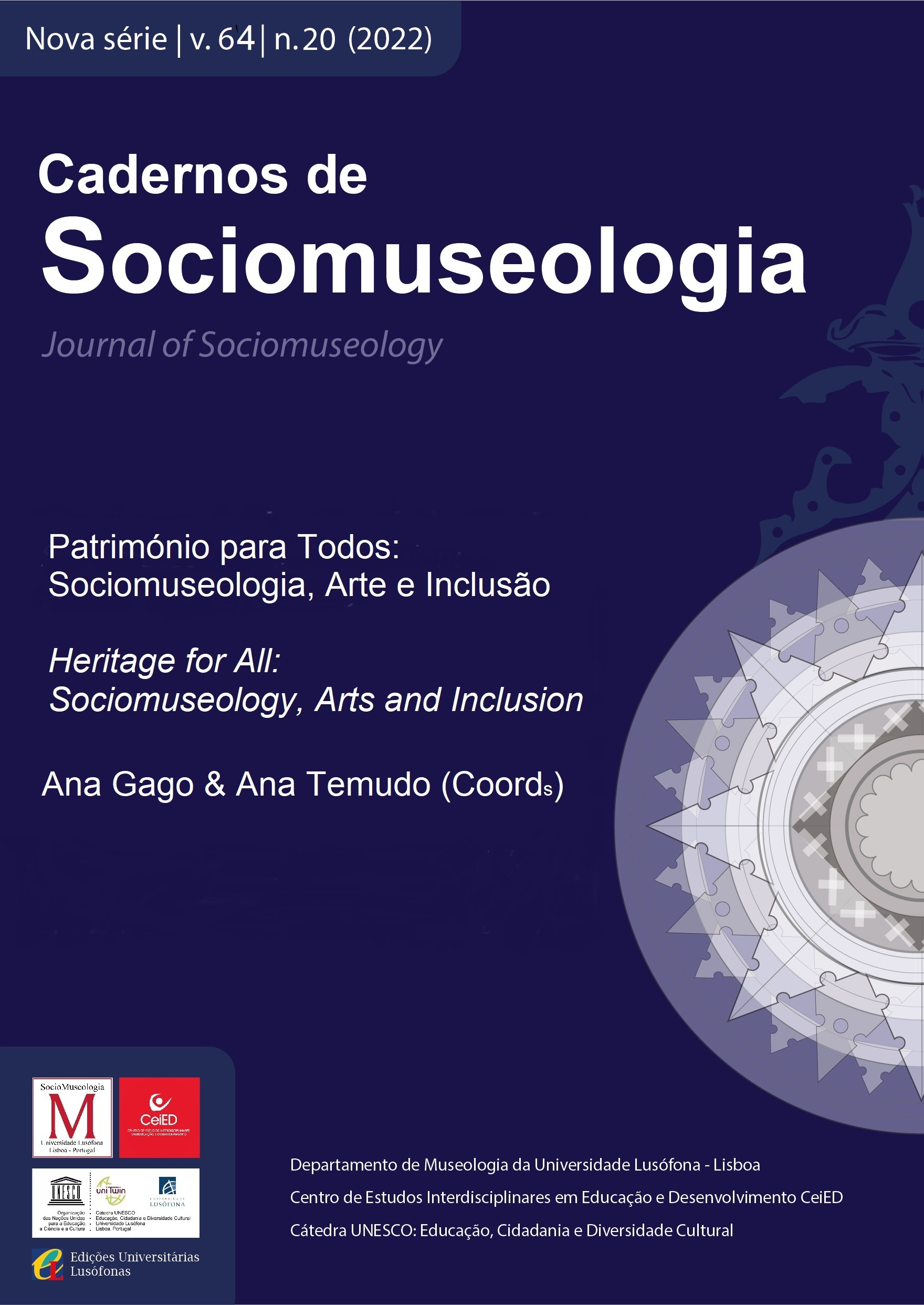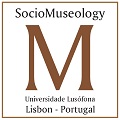Rebellious memories: the classic invention and its transfiguration into decolonial and ecosystemic socio- museum processes
Abstract
Only after more than 70 years of the anthropophagic movement, can we say that the invention
and the surprise were launched against the "vegetable elites" in Brazilian museology. A
museology that, even force-fed with copies, swallows the muses of classical invention and
regurgitates native museum originalities — in the favelas, in the Afro-Brazilian “terreiros” and
“quilombos”, indigenous villages, communities and virtual spaces — in all places where the
museum, as a movement and an opening to life, spreads itself on the fertile ground of oppressed
memories. Aware of this oppression, they rebel and no longer accept the "reading of the world"
from a single story of the past, told by the winners of History. They organize themselves in resistance against an ineluctable present and an already given, unique and inexorable future.
Debating Brazilian museology from another perspective — in a decolonial and ecosystemic
vision — is the challenge of this work. For that, it promotes a meeting between the philosopher
Paulo Freire, the museologist Waldisa Rússio, the anthropologist Tim Ingold and those who think
and make the Quilombo Cultural Nação Xambá and Ponto de Cultura Espaço Livre do Coque; the
Ilê Axé Ijexá Orixá Olufon and Matamba Tombenci Neto, in Bahia; among other experiences,
resulting from the conquered exercise of museal possibility.
Keywords: Memory, decolonial, ecosystemic, museal
Downloads
Authors retain copyright and grant the journal right of first publication with the work simultaneously licensed under aCreative Commons Attribution License that allows others to share the work with an acknowledgement of the work's authorship and initial publication in this journal.













